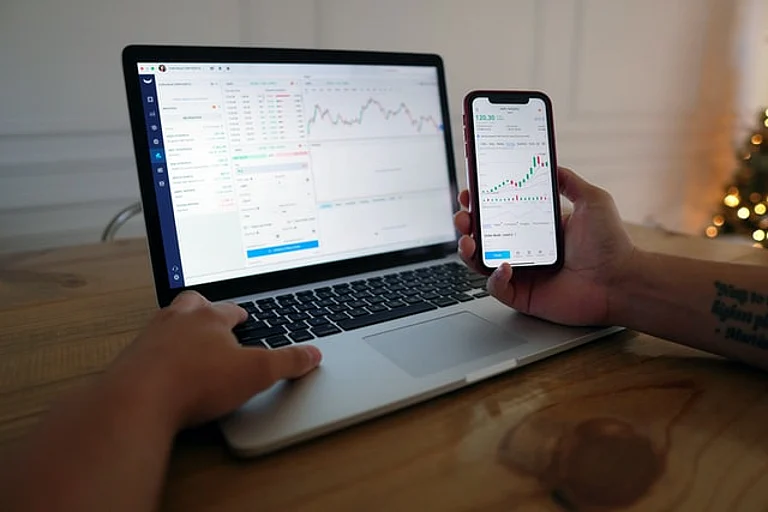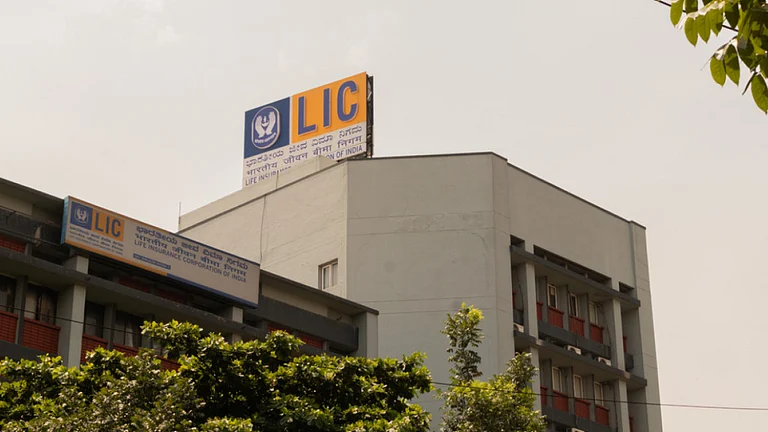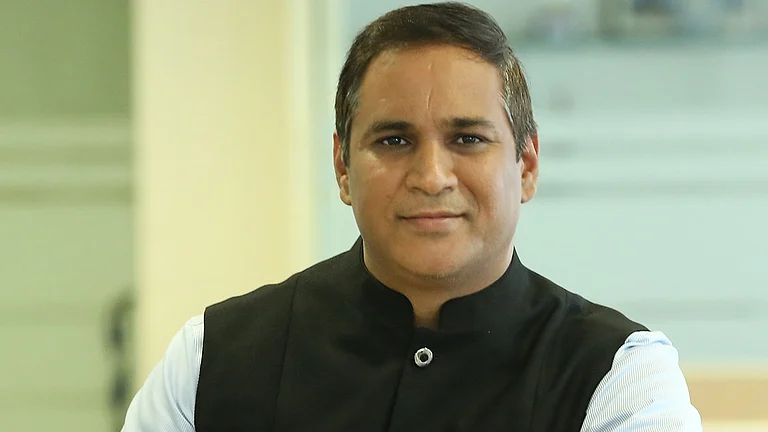Bengaluru-based investment back IndigoEdge and entrepreneur Hitesh Ahuja have launched their maiden secondaries fund, PixelSky Capital, with a target corpus of Rs 400 crore. This fund will focus on late-stage consumer and tech companies, which may launch their IPOs in the next four years, according to a report published by The Economic Times.
As of now, PixelSky has invested in beauty platform Purplle. The investment firm aims to close the deal by June. It plans to support eight companies with Rs 40-50 crore each, the report said.
PixelSky’s founders have already committed Rs 10–15 crore to the fund. They are now targeting additional investments from domestic family offices and startup founders, with the fund’s final close projected by March 2026.
A secondary deal refers to the sale of shares by existing shareholders to new investors rather that the company issuing fresh equity. This offers early stakeholders a chance to unlock liquidity while enabling incoming investors to gain exposure to the company’s ongoing growth journey.
“IndigoEdge has been making proprietary investments from its balance sheets and has been a limited partner in 8-10 venture capital funds, having invested INR 25-30 Cr so far. With PixelSky, IndigoEdge aims to have product offerings in addition to services that it provides, having facilitated over 150 transactions worth around $3 Bn,” sources told The Economic Times.
After announcing this fund, PixelSky has joined the list of secondaries-focused funds launched last year. In May 2024, 360 ONE Asset also launched a new Special Opportunities Fund-12 with a total corpus of Rs 4,000 crore, the report added.
Subsequently, Silicon Valley venture firm Tribe Capital teamed up with Indian investment firm Oister Global to roll out its first-ever $500 million fund focused exclusively on secondary transactions in India’s startup landscape.
Earlier in February, Mumbai-based White Whale Ventures also secured SEBI’s nod to launch a Rs 250 crore secondaries fund. So far in 2024, secondary deals have contributed to over $5 billion in startup exits.
Recent examples of start-ups tapping into this route include Urban Company, Porter, and Pocket FM, as per Inc42 data. In 2024, secondary transactions have already driven over $5 billion in startup exits.


































